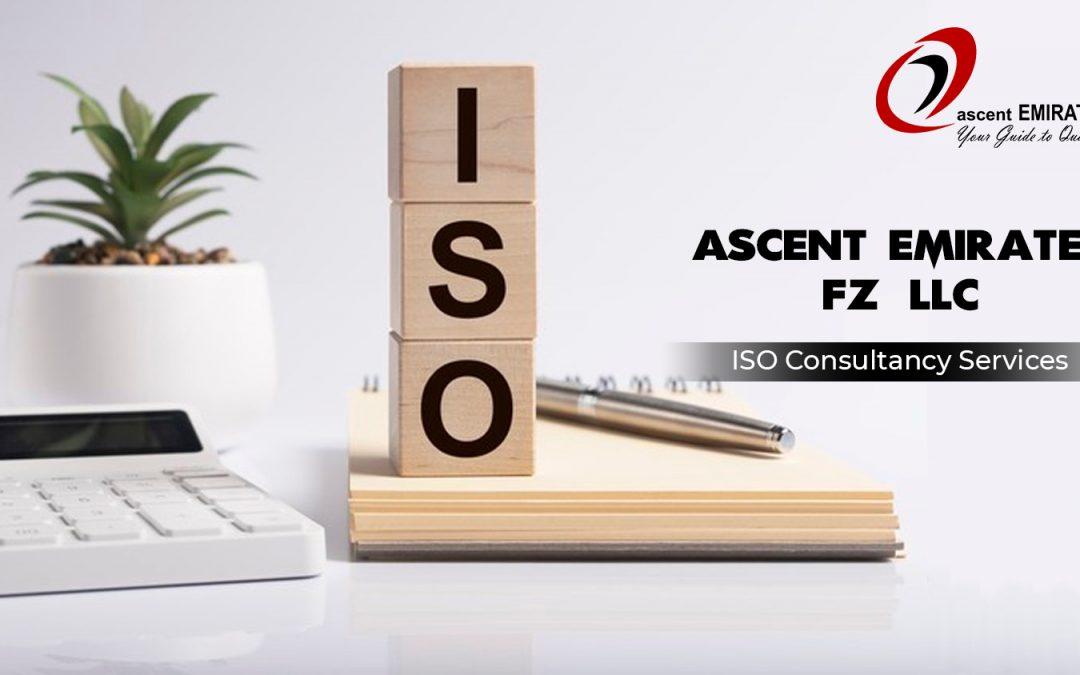The International Organization for Standardization (ISO) certification is a formal acknowledgement that a firm or organization has satisfied specified requirements of quality management or environmental management. This recognition comes from an impartial third-party organization.
There are a significant number of various ISO standards, each of which has its unique criteria; nonetheless, the process for acquiring certification will typically comprise the phases that are listed below:
- Find out which of the ISO standards apply to your company and to which you would want your corporation to be certified.
- Carry out a gap analysis to assess whether your firm’s present management systems match the prerequisites of the standard (or standards) that you have selected.
- Create or revise your management systems so that they can fulfil the prerequisites of the standard (or standards) that you have selected, if appropriate.
- Submit to an evaluation carried out by a certifying agency, which may include an inspection of the premises.
- If the evaluation is successful, the certification to the applicable standard will be awarded to your firm (s).
Furthermore, it is essential to keep in mind that obtaining an ISO certification is not a one-time occurrence but rather a continuing process of betterment. It is necessary for organizations to keep their accreditation current by undergoing periodic surveillance audits and recertification every three years.
A certification body is an impartial third-party organization certified to execute certification examinations. Companies often retain the services of a certification body to get ISO Certification in Dubai is the only path to obtaining the certification.
The certification body will audit the company’s management systems to establish whether or not such systems are by the prerequisites specified in the applicable ISO standard (s). This evaluation will often include an on-site audit of the organization’s activities and an examination of the documentation pertaining to those operations.
It is also important to note that numerous kinds of ISO certificates exist, and their requirements vary based on the standard. For instance, ISO 9001 is a standard for quality management systems, while ISO 14001 is a standard for environmental management systems.
These standards may be found on the International Organization for Standardization website. Depending on their particular requirements and objectives, organizations may decide to get certified to one or more of these standards.
In addition to the methods and benefits outlined above, consider the following when considering ISO certification
Cost:
Getting an organization certified to ISO standards might require significant time and money from that entity. The costs that are associated with the certification process, such as the cost of professional guidance, the cost of the certification body’s assessment and audit, and the cost of any necessary changes to the organization’s management systems, should be accounted for in an organization’s budget, and the organization should be prepared for those costs.
Time:
The length of time required to complete the certification process is very variable. It is based on factors such as the size and complexity of the organization and the number of standards for which the business is seeking certification. It is essential that companies make appropriate preparations and allow themselves enough time to finish the procedure.
Training:
It is essential for workers to be familiar with the requirements of the applicable ISO standard(s) and to have an understanding of how their activities contribute to the overall compliance of the business with the standard (s). It is recommended that companies investigate the possibility of giving workers training to guarantee that they comprehend the bar’s requirements and how to comply with them.
Conclusion:
Before beginning the road toward ISO certification, businesses need to have a comprehensive understanding of the process and the dedication required of them. ISO certification may be a tremendous asset for a company. In addition, it is essential to collaborate with a credible certifying organization and seek the advice of professionals whenever necessary.
We have wide recognition in the areas of ISO Certification in UAE – Abu Dhabi, Dubai, Sharjah, Ajman, Umm Al Quwain, Ras Al Khaimah and Fujairah. Besides, we provide consulting services and certification approval throughout Oman, & Saudi Arabia.




Excellent
This is a very valuable insight. good for readers to know important aspects of ISO certification. It is so helpful to get a round of ideas before acquiring certification….